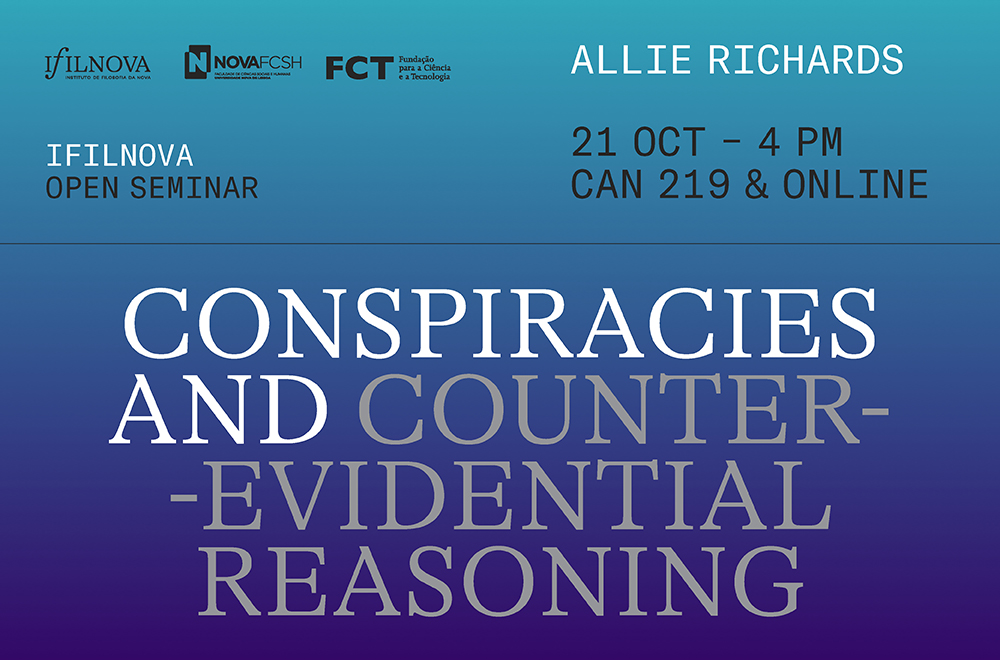Conspiracies and Counter-evidential Reasoning

In public discourse, conspiracy theories are typically viewed in a negative light. People who hold beliefs in conspiracies have the reputation of being absurd, paranoid, and irrational. There is some common ground in the literature claiming that what is epistemically problematic with having a belief in a conspiracy theory is the belief’s inherent resistance to falsification when encountering disconfirming evidence. While this seems intuitively plausible, other views claim that beliefs in conspiracies resist falsification in the same way that scientific theories do – as Lakatosian degenerating research programs. In this talk, I argue against these two views. First, I argue that characterizing faulty reasoning about conspiracies in terms of resistance to falsification runs into a dead end when the theories encounter confirming evidence from the conspirators. Second, I argue that reasoning about conspiracies are not analogous to degenerating research programs, as conspiracy theories resist falsification in an explicit way, and not due to underdetermination.
Everybody is welcome to join!
For online participation, please use the following link (password: 006421).
This event is organized by P. Abreu and E. Rast. The purpose of this seminar series is to give researchers a platform to discuss ongoing work and problems in the philosophy of language, epistemology, argumentation, metaethics, and related areas. For administrative inquiries, please contact Pedro Abreu <pedroabreu@fcsh.unl.pt> or Erich Rast <erich@snafu.de>.

